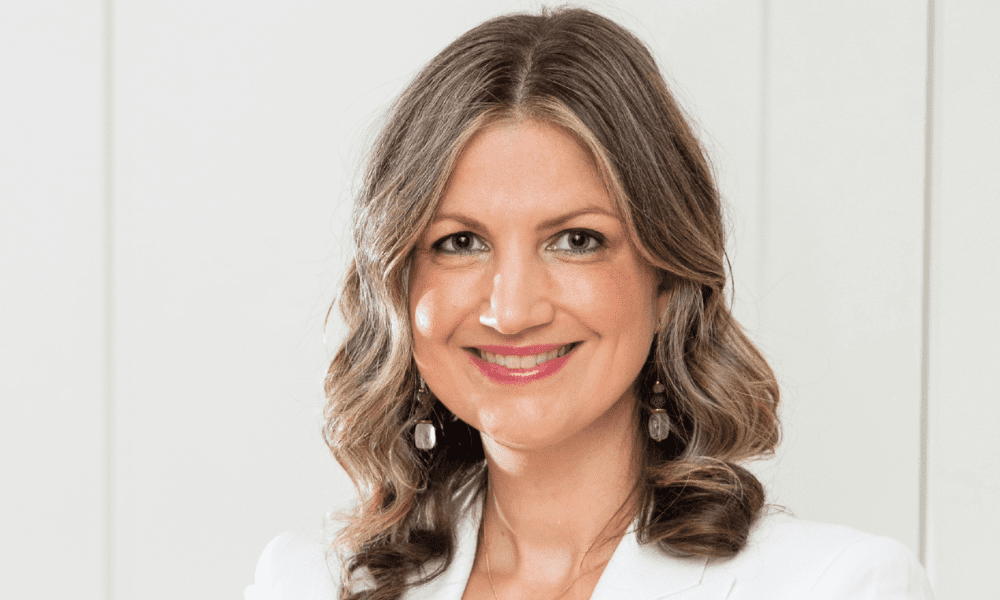Why I love hedge funds and you should consider loving them too

This moment kickstarted a life-long passion for alternative investments and having now spent over 14 years in the hedge fund industry, I remain convinced that all investors should have some exposure to these strategies for diversification, risk reduction and non-correlated returns in a balanced portfolio. Some reflections from my career in alternative investments thus far include:
Hedge funds provide a valuable service in asset allocation. Think about a goalie or defenseman on the ice in a hockey game – they protect the wins and limit the losses. Or, think about the value of your home. Would you ever have such a large asset unprotected to the risks of fire, earthquake, theft or other distress? Hedge funds can act as the insurance policy to your wealth portfolio.
Hedge fund managers are entrepreneurs. Many of them are small businesses, or at least, they started out that way before growing into a larger firm. Regardless of size, they contribute to the real economy with important job creation, fueled by intelligent investment professionals who are inspired to deliver value for investors while protecting wealth through bouts of volatility like that experienced in 2008 and now.
Hedge fund investors are people like you and me. Contribute to the Canadian public pension plan? You have exposure to hedge funds. Have a corporate pension? You almost certainly have exposure to hedge fund or alternative strategies. Are you a university student, or have a child attending one? The university endowment is likely to be invested too.
Hedge fund strategies are just investment strategies that can use a few more tools than traditional funds can work with. Not all securities will perpetually rise in value, even if we wish they would, so hedge fund strategies can employ shorting, options, futures and other tools to aim to both deliver returns through well-researched, well-defined (if even niche) opportunities and provide protection through volatility, minimizing the downside to the best of their ability.
While some hedge fund strategies may have higher fees associated with the higher cost of running these strategies vs long-only funds, fees should only matter in the absence of value. Is a hedge fund protecting your overall portfolio, improving risk-adjusted returns or performing how the portfolio manager set out to? That’s value worth paying for.
Due diligence is important. Not all funds or firms are created equally, and hedge funds do carry risks, like any investment. It’s important to understand the manager intimately, to understand how shorting and leverage are applied to the fund’s strategy and how liquidity is managed at the fund relative to the underlying assets, amongst other items. AIMA Canada has a public list of initial due diligence questions for advisors and retail investors here, along with many other educational resources here.
Over three years ago, the Canadian regulators amended legislation that has allowed for hedge fund strategies to be offered to everyday retail investors through mutual funds and ETFs via prospectus. Today, Canada has over 160 alternative mutual funds and over 130 alternative ETFs with over $20B in aggregate assets under management available in this fund structure for the wealth channel. Despite limits on the amount of shorting and leverage that these funds can offer, thereby impacting their risk-adjusted return profile in comparison to their full-fledged hedge fund peers, this structure offers improved, democratized access to some of the diversification, volatility protection and non-correlated return benefits that these strategies can provide.
Too often, investors unfortunately sell at lows, buy at highs and chase performance all along the way. Hedge funds and liquid alternative funds are designed to be evergreen allocations in portfolio construction. Market timing is incredibly challenging, even for professionals, and the best time to own hedge funds is before volatility, during volatility and after volatility. If you don’t already love hedge funds like I do, I hope you consider what their potential impact could be in your portfolio construction and learn more about them today.
Claire Van Wyk-Allan, CAIA is the Managing Director and Head of Canada at the Alternative Investment Management Association (AIMA).






